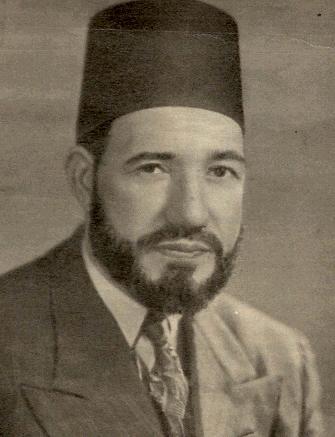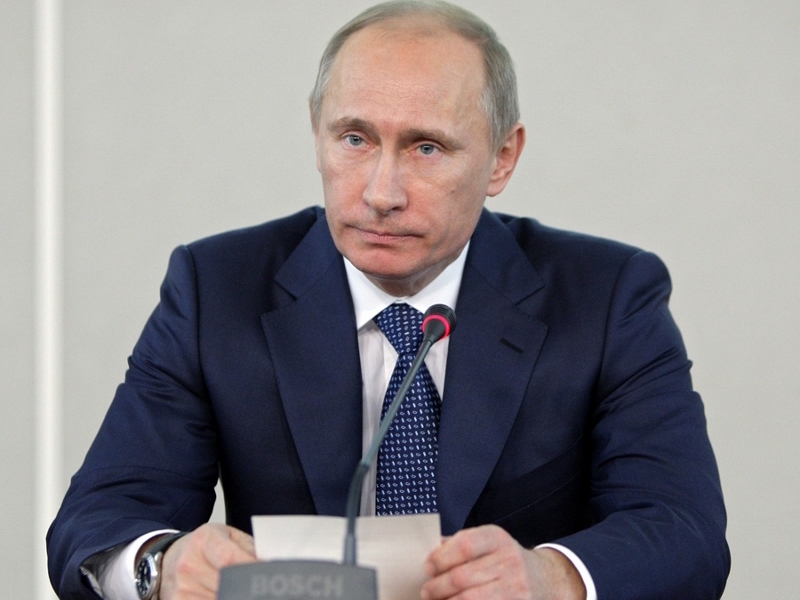With the current rise of the group that calls itself ISIS (Islamic State of Iraq and Syria), it is important to start looking back and question how the ideology of political Islam became what it is now. Before looking into political Islam, it is vital to differentiate between political Islam and Islam itself. Political Islam is an ideology that is focused on integrating Islam into government and rule of law, while Islam itself is a spiritual religion practiced by billions worldwide. Like many other religions, extreme versions of Islam have recently been used as tools for political gains, igniting societal and national divisions, and espousing extremism.

The most recent example has been the al-Qaeda separatist movement, ISIS. It is worth noting that ISIS does not represent Islam and is shunned by high-ranking, moderate clerics in many Muslim countries. Egypt’s Dar El-Ifta, one of the highest-ranking religious educational institutes, which is also responsible for issuing religious edicts, has recently launched a campaign asking international media to stop referring to ISIS as ‘Islamic’ since it tarnishes the image of Islam.
In order to understand the ideology of a group like ISIS, it is vital to look back at the origins of political Islam in the world’s modern history. In this series of articles, the progression of political Islam from the Muslim Brotherhood’s Hassan al-Banna and Sayid Qutb to Al-Qaeda and ISIS will be examined.

Hassan al-Banna, a young teacher, founded the Muslim Brotherhood in 1928 after he was exposed to the flourishing secularist and libertarian societies of Cairo in his college years. He came to believe that the “mosque alone did not suffice,” as a societal crisis between traditions and modernity was emerging. To him, Cairo was undergoing a moral dissolution and his primary concern was the “defection of educated youth from the Islamic way of life.” After the establishment of the Muslim Brotherhood, Banna used mosques and social welfare to earn legitimacy and respect in the community, while his group’s presence grew all over Egypt.
In the Society of Muslim Brothers, Richard Mitchell famously described Banna’s political ideology as pan-Islamic and anti-imperialist, compiled with a vision of social justice and an overall rejection of political quietism. Banna wanted to establish a new kind of Islamic organization that consisted of the ideas of young preachers, avoiding any affiliation with the official Islamic establishment. To Banna, Islam would become an all-encompassing ideology to Egyptians championed by young, dedicated preachers who were unaffiliated with the Islamic establishment that was too close to the political authorities. Thus, espousing a more political interpretation of Islam that is more focused on socio-political influence and ideology.
Banna also condemned secular Egyptian nationalists by saying that Islam rejected geographical nationalism, and the Islamic community, or ummah, transcended the borders of Egypt. To Banna, the liberation of Egypt and establishing an Islamic order of shariah was the first step of action, but the ultimate goal was the “universal brotherhood of mankind and the global hegemony of the Islamic nation.” In addition, Banna had an anti-imperial ideology, as he was set on fighting Western encroachment in Muslim lands. The historical context of the British occupation of Egypt is highly significant in this regard, as it impacted his way of thinking and his overall conception of jihad, or holy war.
Banna’s conception of jihad is considered the most essential aspect of his ideology. In his writings, Banna approached jihad as a fearless approach to “correct unjust rulers.” He referred to jihad as warfare, and claimed it was an obligatory pillar in Islam. Interestingly, Islam’s five pillars, which include prayer, fasting, and charity, do not include jihad. Banna advocated defensive jihad to prevent oppression from imperial rulers, demonstrating an anti-colonial element to his ideology. By doing so, Banna contributed to a whole new interpretation of jihad, which influenced a myriad of Muslim youth. By spreading ideas that suggested an abandonment of political quietism in the name of Islam, Banna influenced the next generation of Islamists who took political Islam to whole new level.




